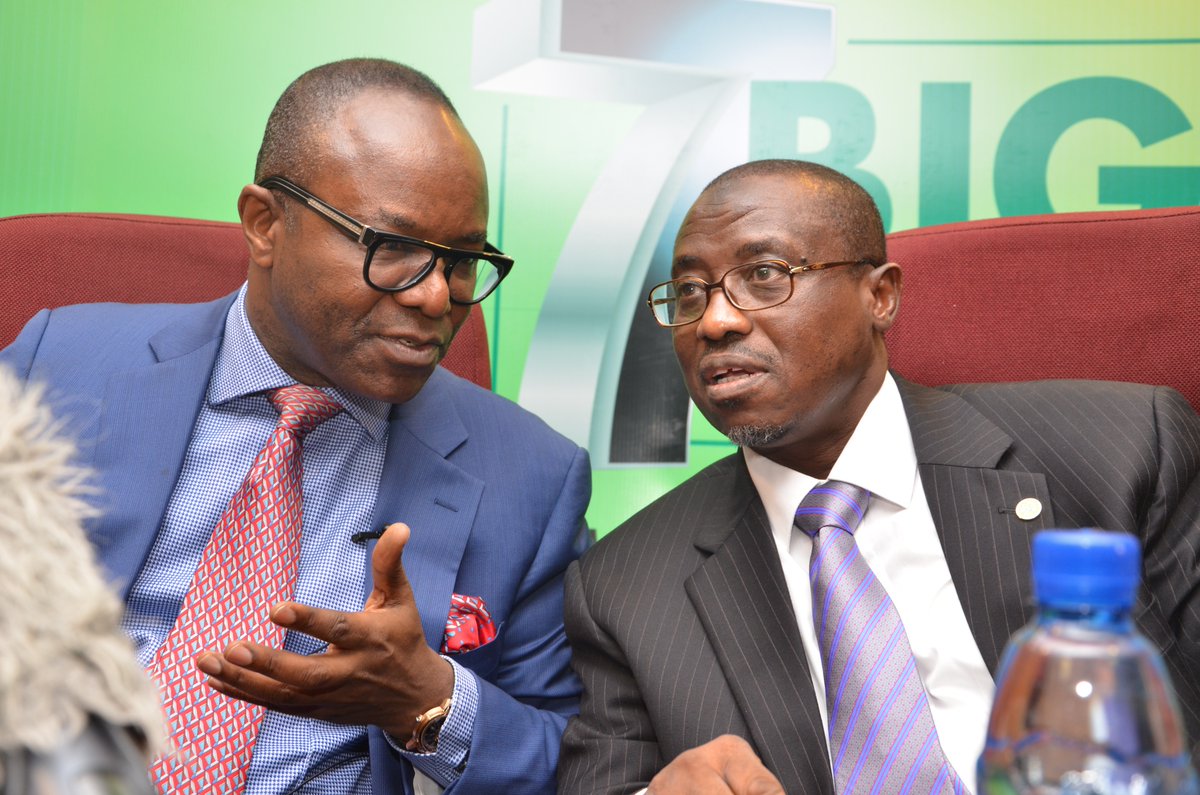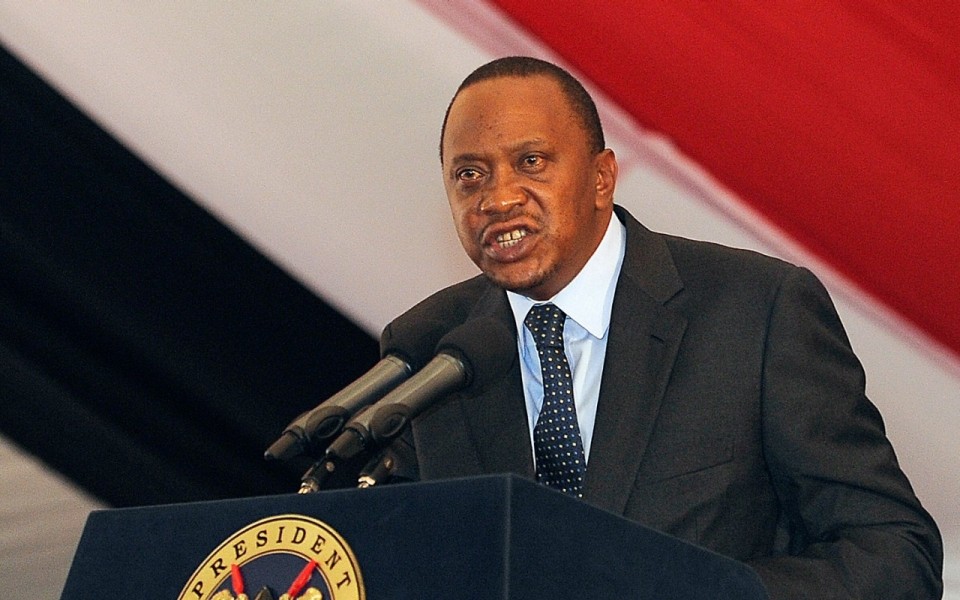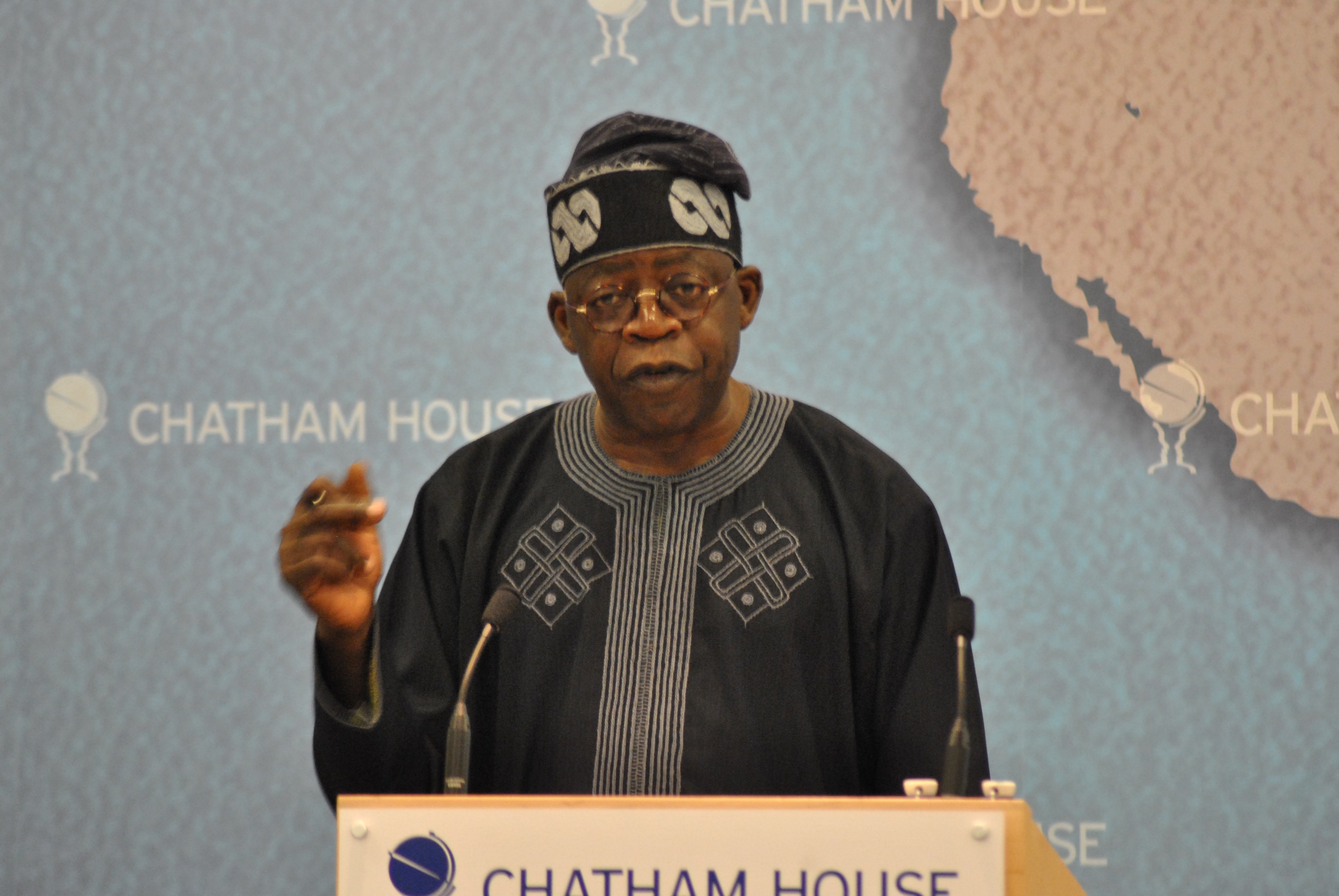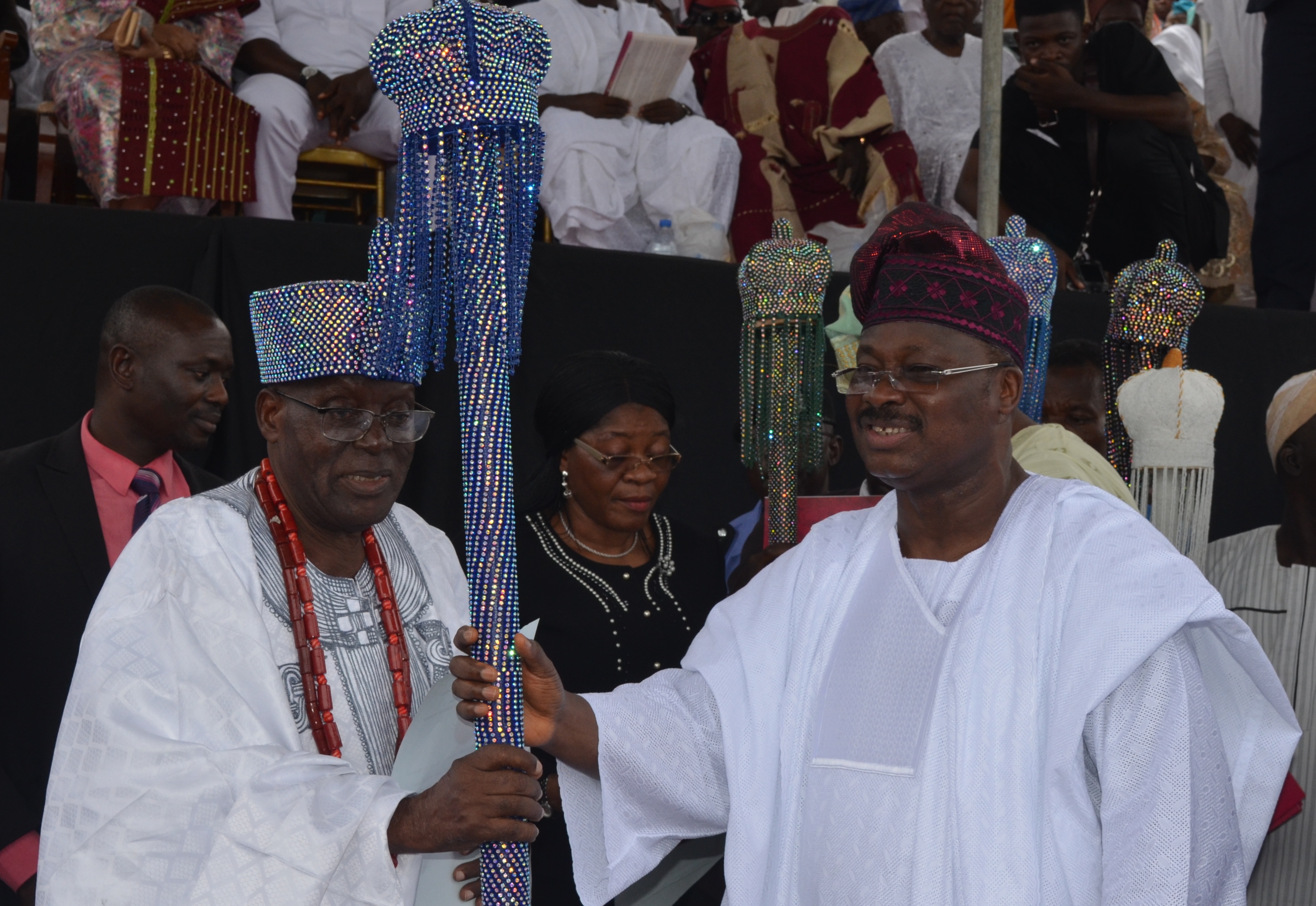There is no doubt that perceived marginalization by some ethnic groups has exacerbated hate speeches in the country. Sometimes, this perception of marginalization takes dangerous dimensions when government fails to explain the rationale behind certain actions.
On this wise, it is extremely important that the NNPC explains the rationale behind its just concluded reshuffling process, where 55 appointments were made at the managerial level. A breakdown of the topmost 15 positions published shows domination by one ethnic group and no presence of any south easterner.
Ordinarily, we shouldn’t be having this conversation in a country where merit is supposed to be the order of the day, but Nigeria has its peculiar way of carrying all ethnic groups along. Besides, alleged unfair distribution of appointments has been a resounding rhetoric from critics of the current administration.
A little background would help at this juncture. Last year, President Muhammadu Buhari approved the restructuring of the NNPC into five core business divisions and two services divisions: upstream, downstream, refining group, gas and power, as well as the ventures’ groups; the other divisions are finance and services groups.
Advertisement
Some of the very strategic subsidiaries in the five core divisions are: Upstream — Nigerian Petroleum Development Company (NPDC) and Integrated Data Services Limited (IDSL); Downstream Retail — Nigerian Product Marketing Company (NPMC), which was formerly PPMC; Gas and Power– Nigerian Gas Pipeline and Transportation Company (NGPTC), Nigerian Gas Marketing Company (NGMC), and gas and power investment; and the Refineries — Warri Refining and Petrochemical Company (WRPC), Kaduna Refining and Petrochemical Company (KRPC), and Port Harcourt Refining and Petrochemical Company (PHRC). The ventures’ company includes medicals, property, pensions, shipping, and wheel insurance.
An analysis of the reported postings to these top subsidiaries in the just announced reshuffling shows a skewed distribution of appointments, with no south easterner in the list of the topmost 15 appointments.
For example, the just announced appointments had Dieprieye Tariah as the managing director of IDSL; Umar Ajiya as managing director of NPMC; Malami Shehu as managing director of PHRC; Muhammed Abah as managing director of WRPC; Adewale Ladenegan as managing director of KRPC; Farouk Ahmed as managing director of product marketing; Adeyemi Adetunji as managing director of retail. And for the recent appointment at the ventures we have Ahmedu-Katagum as group general manager for shipping; Shaibu Musa as managing director for medical services.The boss of NPDC was not affected in the recent reshuffling and he still remains Yusuf Matashi.
Advertisement
With these appointments, there is already fury in the social media about their skewed nature. Even though the NNPC said it made 55 appointments, it is believed that the topmost 15 appointments announced in the media are key and strategic to the operation of the cooperation. And with the fury in the social media, the debate is already getting messy.
The authorities in the NNPC needs to rebuff this rhetoric about skewed appointments. This is not a time to give restless youths in the south east more reasons to be restive. The analysis that the south eastern are scarcely represented – or rather unfairly represented – in one of Nigeria’s biggest cooperation would be difficult to explain to them.
The NNPC needs not waste time in clarifying issues here. It has to tell its own story.
SBM Intelligence advices government on Boko Haram
One of Nigeria’s most enterprising consultancies and think tanks, SBM Intelligence, has beamed its torchlight on the resurgence of Boko Haram in the country.
Advertisement
SBM Intelligence, in its recent report, highlighted the success of the present administration in coordinating the activities of Lake Chad countries and the fantastic work done by the theatre commander of Operation Lafiya Dole, Major-General Leo Irabor. SBM’s intelligence also highlighted other successes in the war against terror.
Sadly, the think tank notes that the collapsed coordination of the activities of Lake Chad countries and the transfer of Gen Irabor appear to coincide with increased attack by Boko Haram.
The consultancy advised government to get other security outfits, such as the DSS, more involved in intelligence gathering and also admonished that government should avoid over politicizing the success stories in the war. The numerous announcements of the death of Shekau is an example of exaggerating successes in the war against terror.
Advertisement
Add a comment







